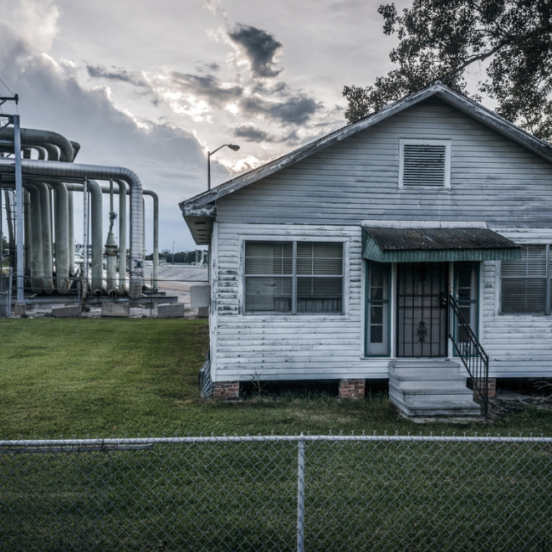Equity
In Louisiana’s St. James Parish, a predominantly African American district in so-called “cancer alley” that is home to more than 150 chemical refineries, the COVID-19
death rate is five times higher than the overall U.S. rate. (Grist)The Trump administration continues to roll back environmental regulations even as new data show that these rollbacks worsen air quality and
increase vulnerability to COVID-19, particularly among vulnerable populations. (Bloomberg)A
Political Climate podcast explores the underlying social, economic and political disparities that make African Americans particularly
vulnerable to both the climate crisis and COVID-19. (Greentech Media)A new
study found that the average farmworker experiences 21 days with
unsafe heat annually, and the number of excessive heat days are increasing in crop-producing regions. (Grist)
Health
With record-high ocean temperatures, this year’s Atlantic
hurricane season is anticipated to be among the worst ever, further straining the already overwhelmed disaster response system. (Grist)A new study revealed that one-third of the planet—an estimated 3.5 billion people—will live in
extreme heat by 2070 if greenhouse gas emissions continue to increase in the coming decades. (The New York Times)
Politics & Economy
Having outperformed coal-powered electricity since March 25, renewable energy is projected to be the only electricity source with growing demand this year. (The Hill, Grist)
A recent investigation revealed that oil and gas companies—the makers of plastics—have spent millions of dollars promoting recycling programs they knew would never be economically viable to keep plastic bans at bay. (NPR)
According to a new report, teleworking is expected to continue past the coronavirus pandemic, with many companies weighing the potential to reduce corporate emissions and lower office costs over the long term. (Axios)
Action
Mayors from cities in Africa, Europe and the U.S. are coordinating efforts to ensure a low-carbon, sustainable economic recovery from coronavirus that expands urban pedestrian space, boosts energy efficiency in buildings and increases investments in renewable power. (The Guardian)
A federal judge in Montana has canceled 287 oil and gas leases sold by the Bureau of Land Management because government officials did not adequately study the environmental and water supply risks. (Associated Press)
The Washington Post won the Pulitzer Prize for Explanatory Reporting for 2°C Beyond the Limit, its groundbreaking series that showed with scientific clarity the dire effects of extreme temperatures on the planet. (Pulitzer.org)
Kicker
Some say hindsight is 2020…perhaps now we know why? Imagine a better future in this inspiring four-minute video. Stick with it—we promise it’s worth it!

